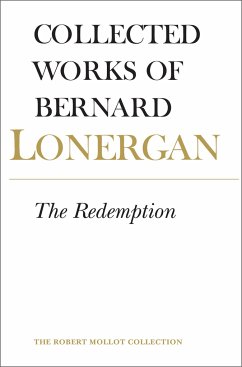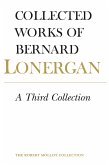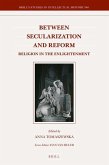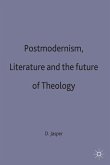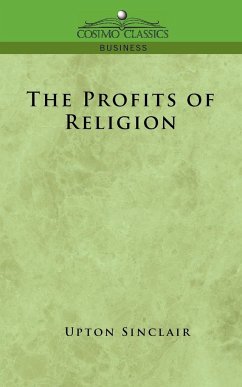Thematically focused on the theology of redemption or what is called in theology "soteriology," each of the two sections of The Redemption addresses biblical literature and significant moments in the history of Christian theology, and especially the work of Anselm of Canterbury. The second part of the book presents a significant treatment of the problem of good and evil, and introduces the important category of cultural evil. Most significant from the standpoint of Lonergan's original contribution is the treatment accorded in both Part 1 and Part 2 to what he calls "the just and mysterious law of the cross." The treatment of biblical literature contains a valuable distinction between "redemption as end" and "redemption as medium." Beginning with theses 15-17 from Lonergan's Collected Works, The Incarnate Word, this volume also includes rare and never-before-published texts originally written in the late 1950s.
Hinweis: Dieser Artikel kann nur an eine deutsche Lieferadresse ausgeliefert werden.
Hinweis: Dieser Artikel kann nur an eine deutsche Lieferadresse ausgeliefert werden.

